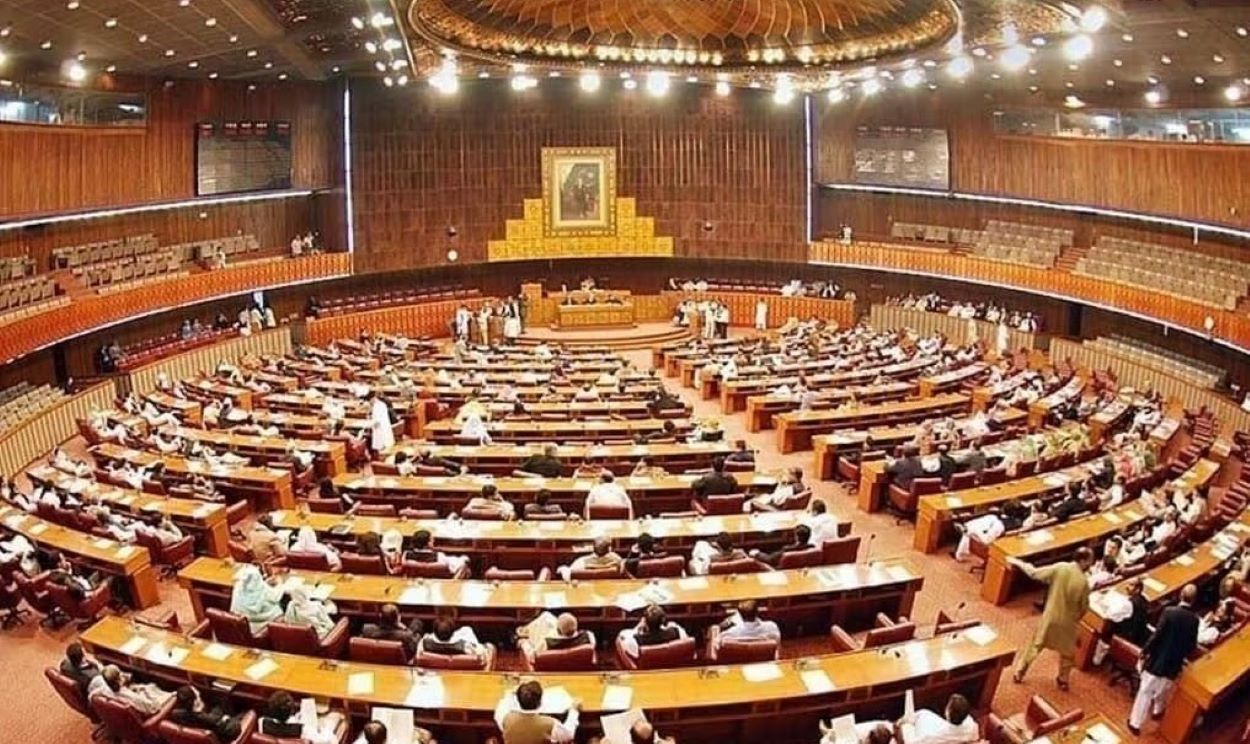The Senate Standing Committee on Justice has passed a bill to increase the number of Supreme Court judges from 17 to 25.
Despite opposition from the Pakistan Tehreek-e-Insaf (PTI) and Jamiat Ulema-e-Islam (JUI), the bill was approved during a meeting chaired by Senator Farooq H. Naek, with Senator Abdul Qadir presenting the proposal.
Qadir highlighted the growing population and crime rates as key reasons for the backlog of cases, which can take decades to resolve. He noted that despite a substantial increase in caseloads, the number of Supreme Court judges has not changed since the 1990s.
Senator Kamran Murtaza mentioned that many high court seats are still vacant. He acknowledged a recent uptick in Supreme Court activity, noting that the court has started to hear over 30 cases daily.
However, Senator Hamid Khan opposed the bill, noting that India’s Supreme Court has 34 judges. He attributed case delays to internal court conflicts rather than a lack of judges and suggested consulting the judiciary before making changes.
Senator Anusha Rahman voiced financial concerns, questioning the government’s coverage of utility bills and pensions for Supreme Court judges. She argued that the 26th Amendment weakened the judiciary and that increasing the number of judges could appear as an attempt by the government to influence judicial decisions.
Echoing these concerns, Senator Kamran Murtaza from JUI speculated that more judges could allow the government to sway court decisions.
Despite these challenges, the committee approved the bill, proposing a Supreme Court composition of 25 judges, including the Chief Justice.






